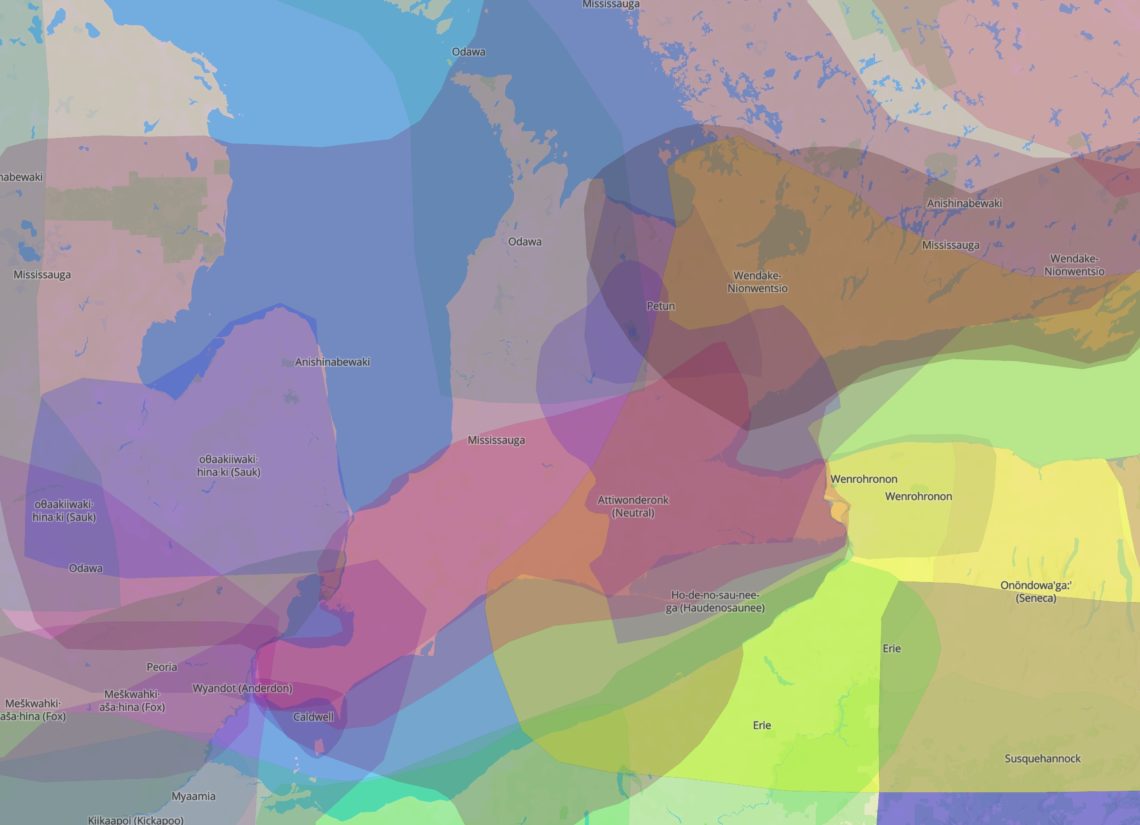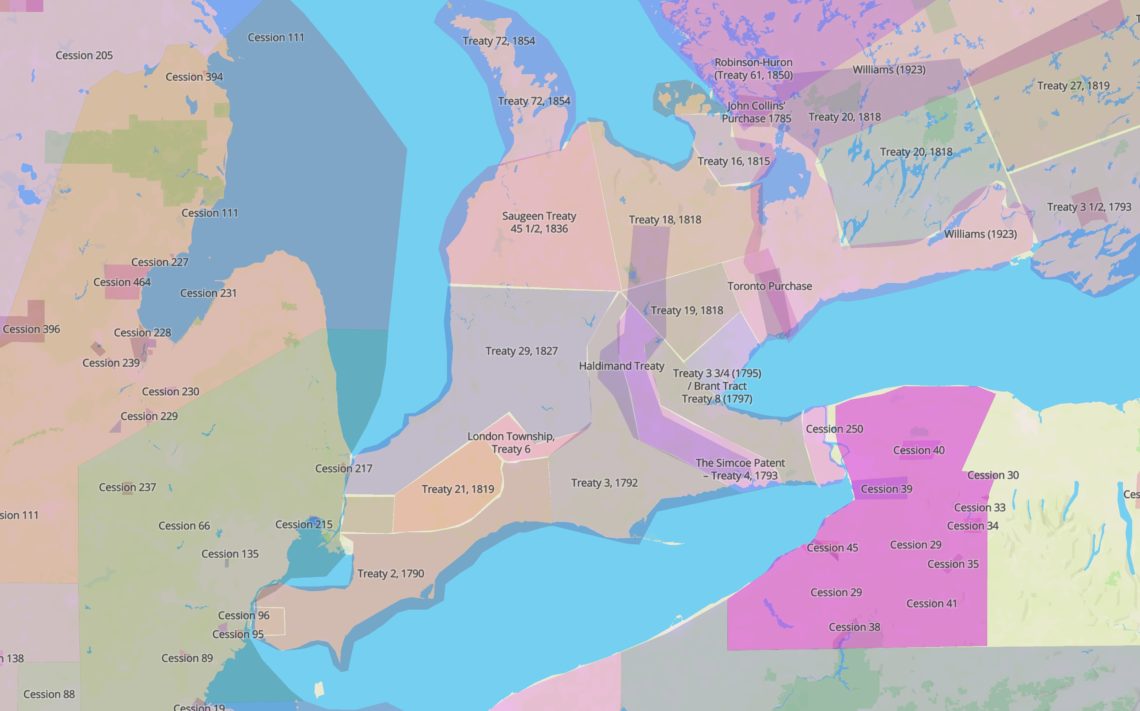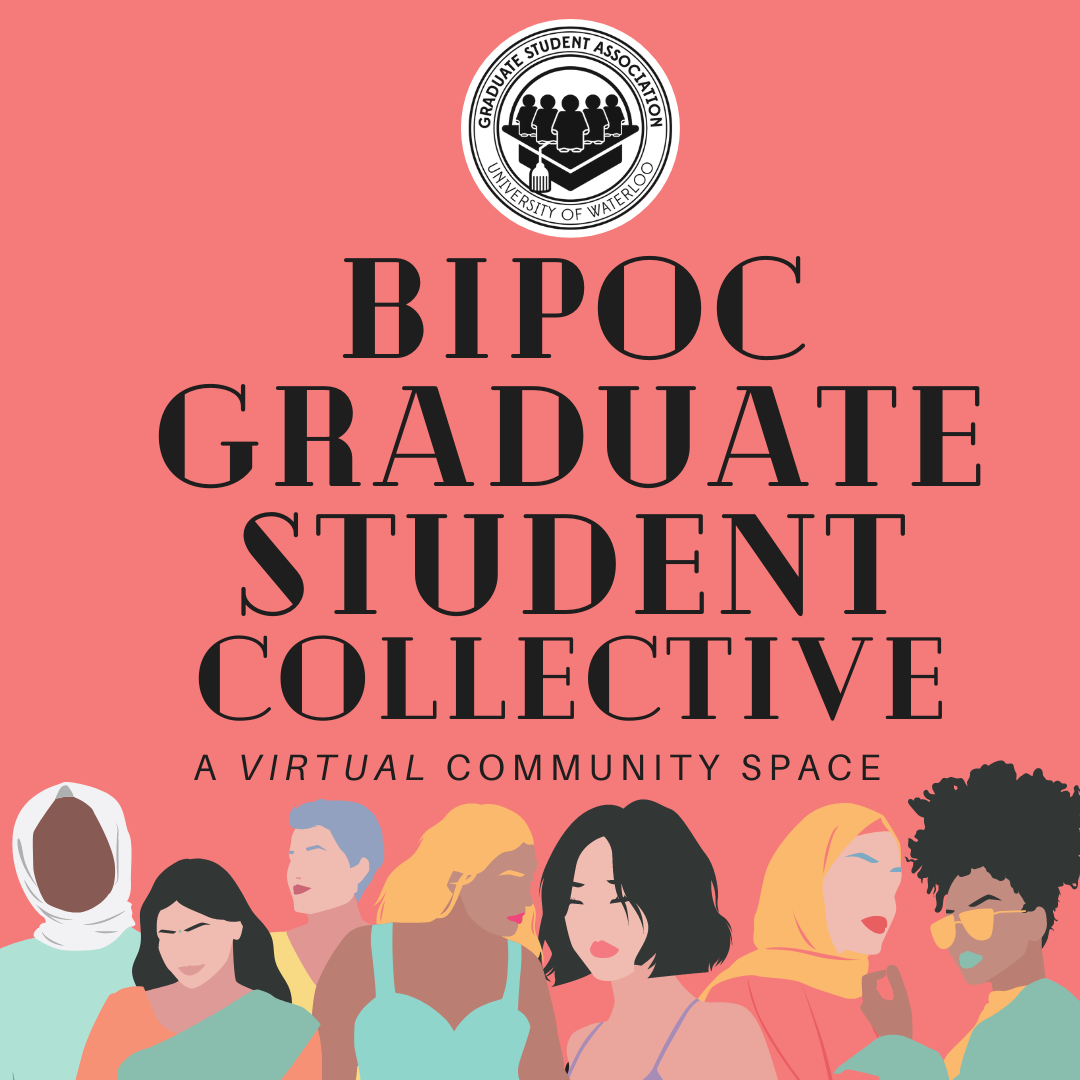Our Territorial Acknowledgement
This statement is only a small step in the process of reconciliation. Decolonization requires systemic change, and the GSA-UW is committed to this effort.
Visit native-land.ca for information about the traditional territories of Indigenous peoples across North America.
We begin meetings of the GSA with this land acknowledgement. Many other gatherings, within the university and in public and private settings, begin with a similar acknowledgement. The importance of this acknowledgement is to not only recognize whose land we occupy, but how we came to be here.
This page will provide a few definitions and resources to learn more about Truth and Reconciliation.
Not History: The Truth Now
Settler colonialism is an ongoing process, and the impacts of the residential schools are felt to this day. The first school opened in 1831 in Brantford, Ontario, less than an hour’s drive from Waterloo; and the last school closed in 1997. Survivors of the schools live in our communities, and are still suffering from the traumas experienced in the schools and from the attempts to separate them from their families and culture.
The history of the residential schools was retold to the world when in May of 2021 the remains of 215 children were found at the site of a former residential school in Kamloops, British Columbia. Since then, survivors of residential schools have retold their stories, many of them already documented by the Truth and Reconciliation Commission. These stories, from survivors and family members, told of the children who never came home, and sometimes of the specific abuses leading to their deaths. Since May, over 1,300 suspected graves have been found at residential school sites (Global News).
Definitions
- Settler Colonialism: “Settler colonialism is a distinct type of colonialism that functions through the replacement of indigenous populations with an invasive settler society that, over time, develops a distinctive identity and sovereignty.” (A. Barker & E. Battell Lowman, Global Social Theory: Settler Colonialism, CC BY-NC-ND 3.0)
- Indian Residential Schools: “For a period of more than 150 years, First Nations, Inuit and Métis Nation children were taken from their families and communities to attend schools which were often located far from their homes. More than 150,000 children attended Indian Residential Schools. Many never returned. The first church-run Indian Residential School was opened in 1831. By the 1880s, the federal government had adopted an official policy of funding residential schools across Canada. The explicit intent was to separate these children from their families and cultures. In 1920, the Indian Act made attendance at Indian Residential Schools compulsory for Treaty-status children between the ages of 7 and 15. The Truth and Reconciliation Commission of Canada (TRC) concluded that residential schools were “a systematic, government- sponsored attempt to destroy Aboriginal cultures and languages and to assimilate Aboriginal peoples so that they no longer existed as distinct peoples.” The TRC characterized this intent as “cultural genocide.”” (National Center for Truth and Reconciliation)
- The Truth and Reconciliation Commission (TRC): “The TRC was created through a legal settlement between Residential Schools Survivors, the Assembly of First Nations, Inuit representatives and the parties responsible for creation and operation of the schools: the federal government and the church bodies. The TRC’s mandate was to inform all Canadians about what happened in residential schools. The TRC documented the truth of Survivors, their families, communities and anyone personally affected by the residential school experience.” (National Center for Truth and Reconciliation)
Resources for Indigenous Students and Community Members
More Reading and Resources
by WLU Office of Aboriginal Initiatives
Frances E. Kendall, Ph.D. © 2003
a documentary
Amélie Lamont © 2016




